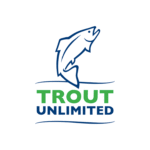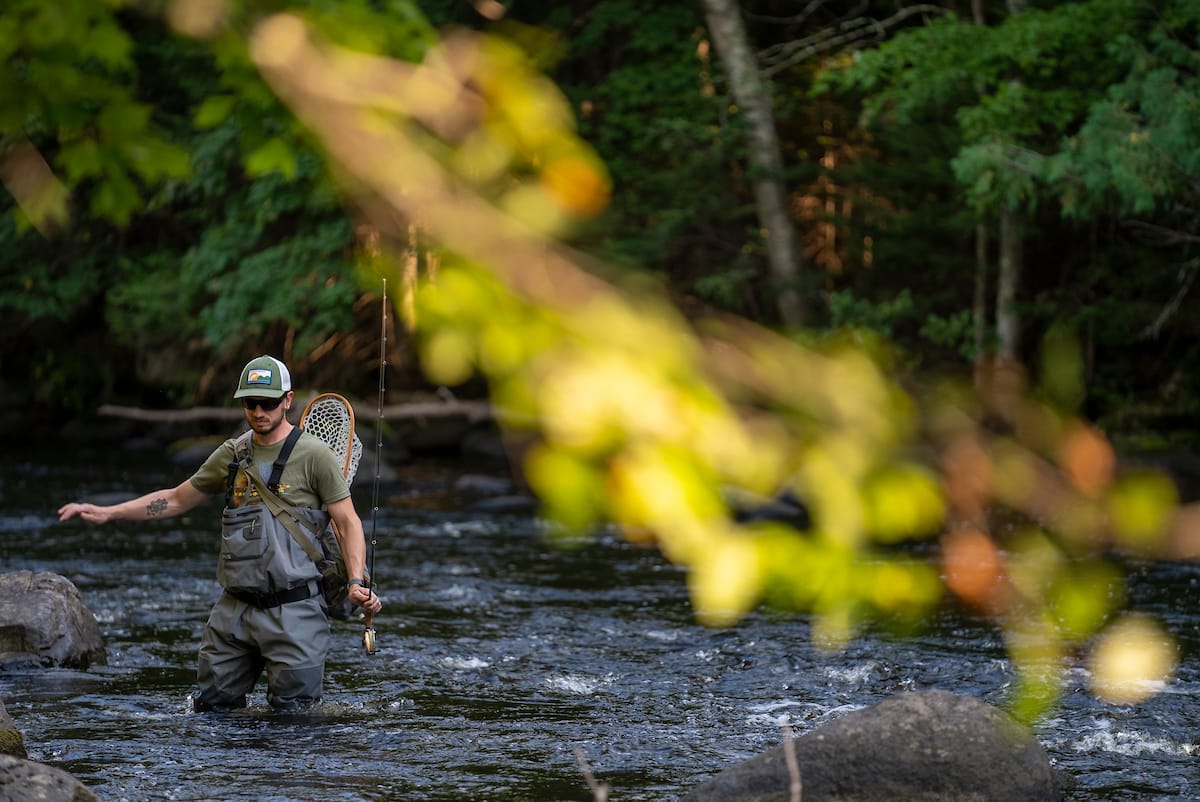Anglers have a complicated relationship with secrecy.
We hope a secret fly or lure, or bait will give us an edge. We get a tingly feeling when a friend entrusts us with knowledge of a secret spot.
But secrets also bring their own stresses and disappointments. There is nothing quite like the endorphin rush you get when driving to a secluded and productive stream you know well. But the deflation you experience when you round the last corner and see a car parked in your secret spot is crushing.
I have been thinking a lot about stretches of streams I am hesitant to disclose to others. The question I have been mulling is: Are my secret streams really my secret to keep?
My musings on this coalesce in two distinct categories—the first is ethical and the second pragmatic.
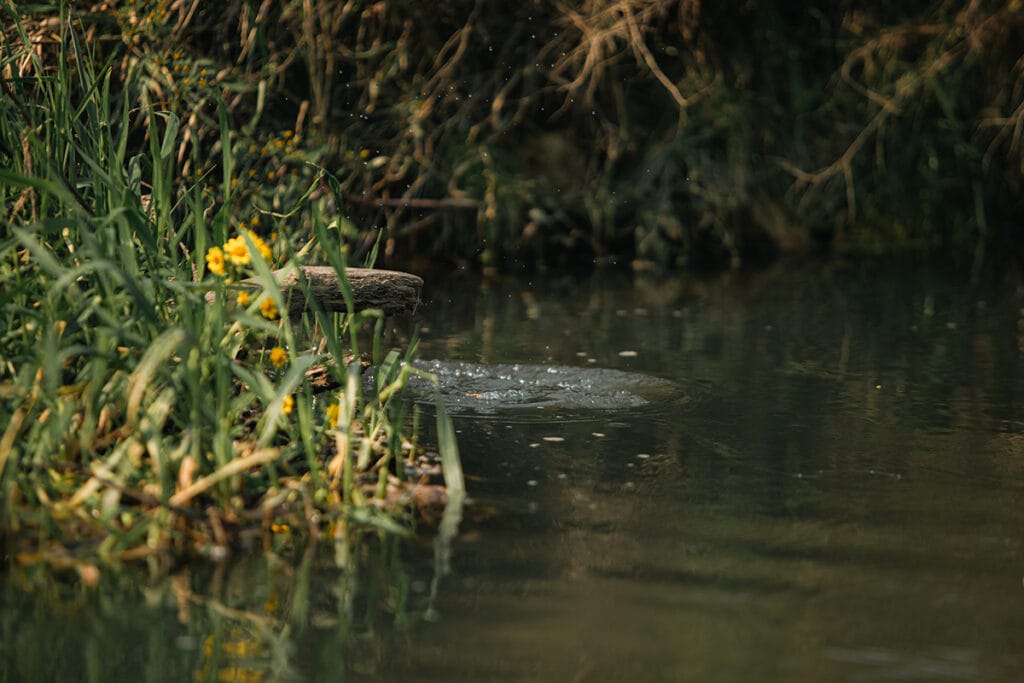
Secret Spot Ethics
The ethics of the question are, frankly, a quagmire.
In the Driftless Area, the most productive streams are that productive because of restoration through habitat work. Our TU chapters and other volunteer partners do a fantastic job healing and maintaining streams for the benefit of anglers.
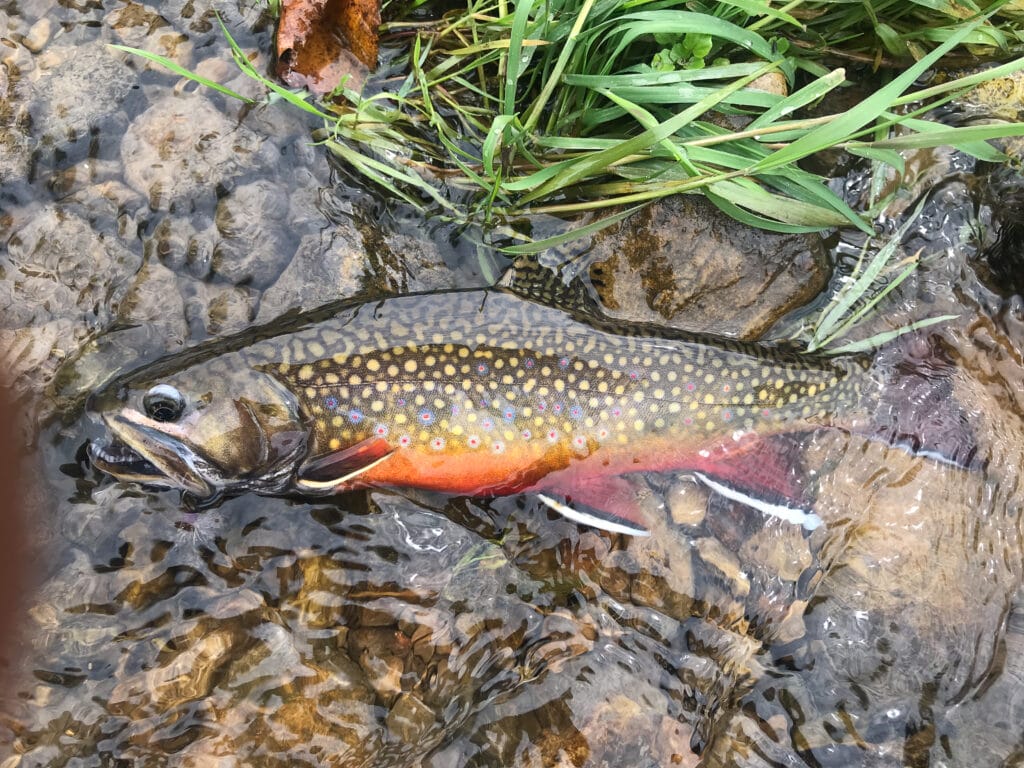
But the scope of our work is expanded dramatically through our partnerships with government agencies—specifically the Natural Resources Conservation Service (NRSC) and Farm Bill programs like the Regional Conservation Partnership Program through the Department of Agriculture, the National Fish Habitat Partnership (NFHP) under the Department of the Interior, state departments of natural resources, county conservation departments, and many others.
As an angler when I put significant sweat equity into discovering a productive stretch of stream, I naturally get a bit secretive about its location.
But what about my fellow citizens, who—even if they don’t realize it—have put their own sweat equity into restoring my secret spot thanks to the taxes paid to help fund these agencies?
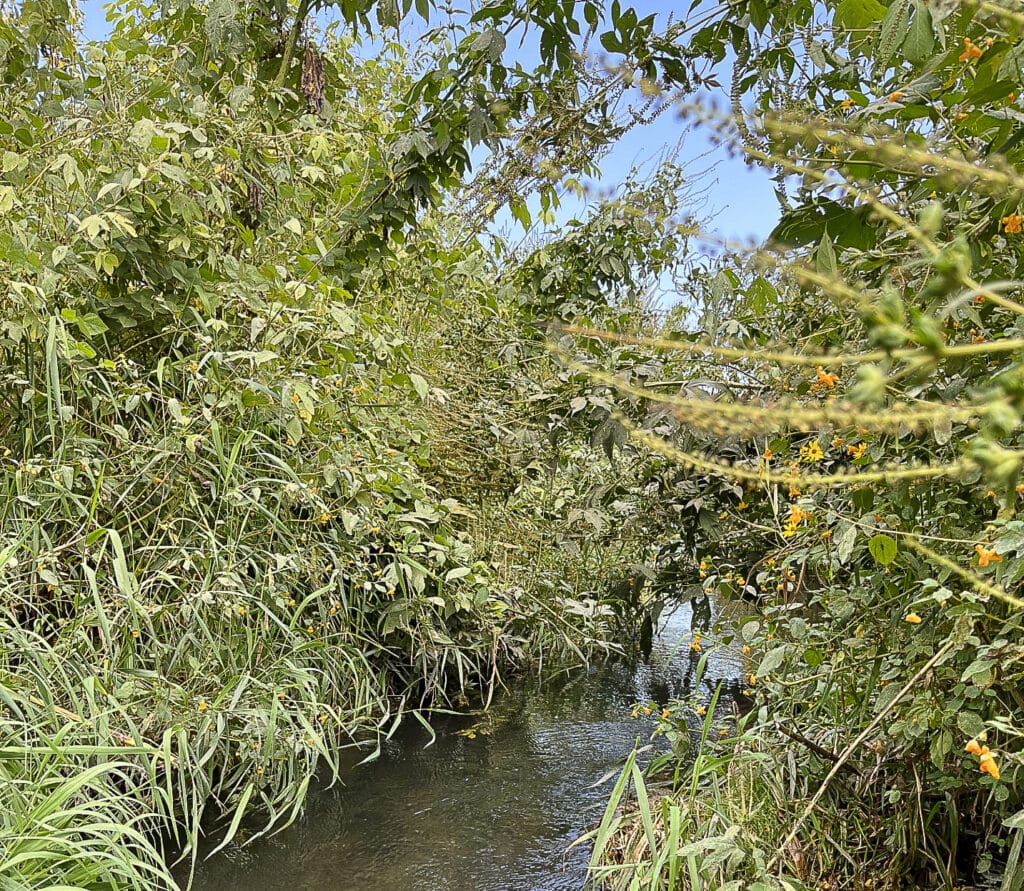
Another side of the coin
Of course, there are counter questions.
If I share my secrets with too many of my fellow citizens, will my secret spot be over-loved?
I will confess than whenever I drive by certain popular trout streams, I think of what Yogi Berra famously said about a great restaurant he no longer frequented, “Nobody goes there anymore because it’s too crowded.”
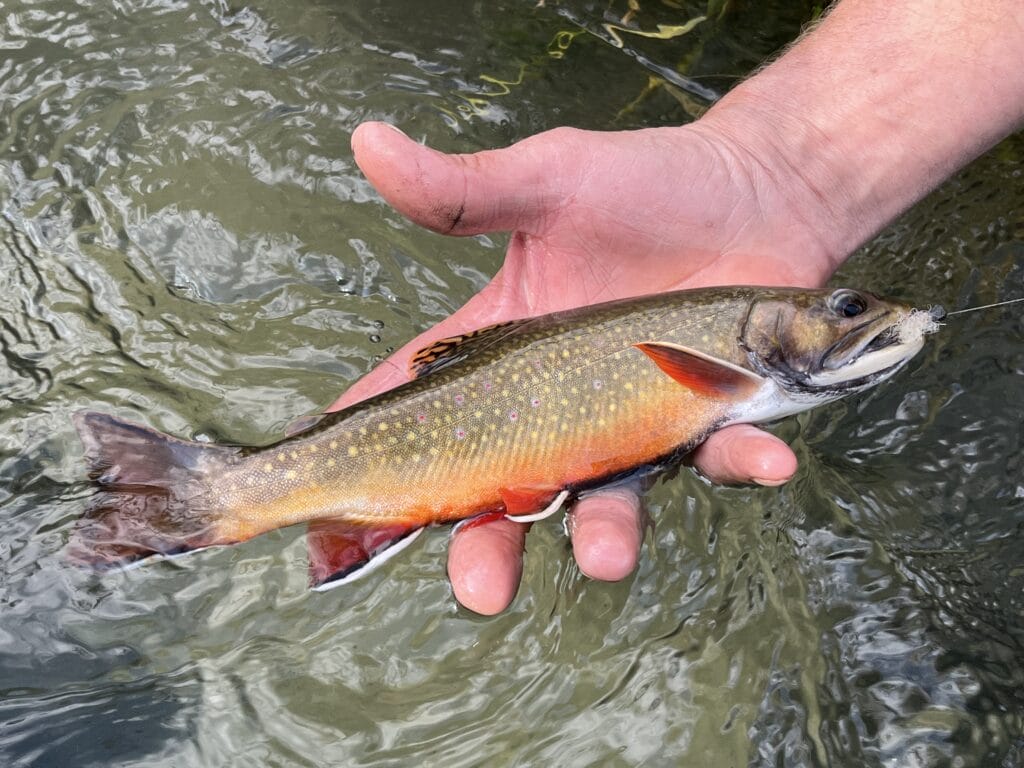
And what if I have been made aware of a good spot through a tip from another angler? These tips are shared with the implied understanding that they are not to be shared with anybody else. Like every other angler, I would like to have a few friends left by the time I die.
And on to pragmatism
From a pragmatic standpoint my thinking is shaped by something I heard Steve Born say over thirty years ago: “Trout streams need friends.”
These friends are the stakeholders who, like me, will be there to protect those streams if and when they face threats. And they are there to advocate for the Farm Bill and other government conservation programs that undergird stream restoration.
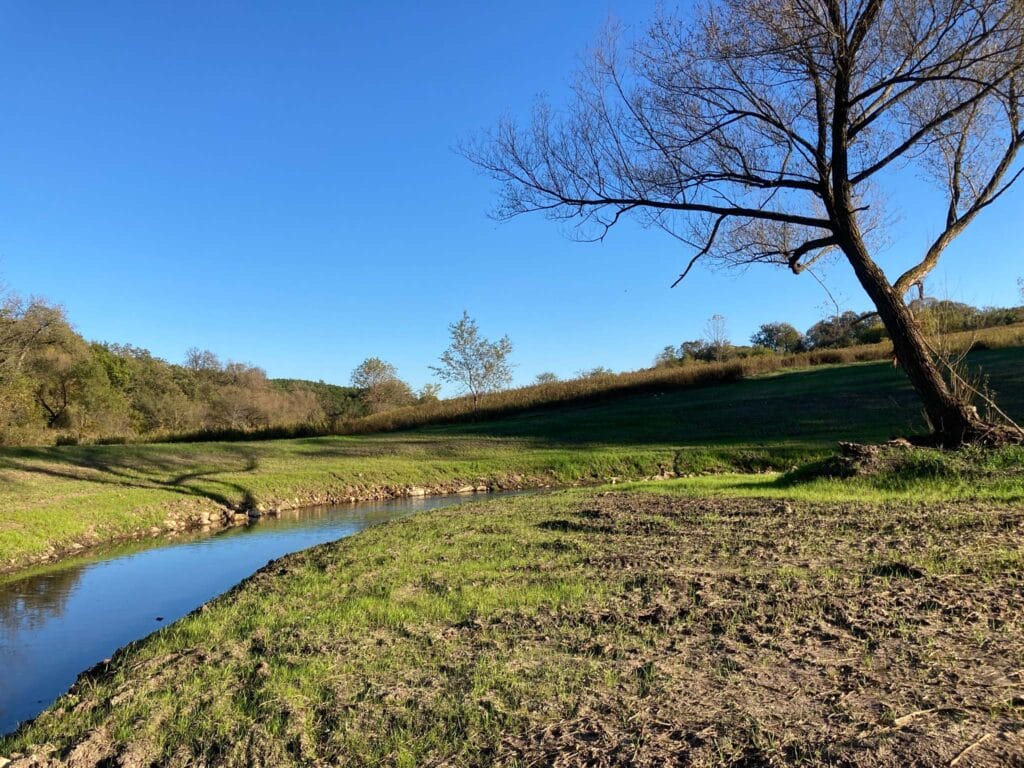
Without a constituency, resources dry up.
How do people come to care about streams and their surrounding watersheds?
Fishing is not the only entrée, but it is a powerful entrée for people to become engaged as conservationists.
I spend a lot of time thinking about why people who do not fish should care about watersheds.
Communicating the environmental impact of our work to the public is important. But teaching a person to fish—and even daring to show a new angler some of your beloved fishing spots—might lead to that person developing a visceral passion for the health of watersheds and related environmental issues.
I confess it still takes a conscious act of will for me to refrain from swearing under my breath when I turn a corner and see a car parked in “my” fishing spot.
But I will strive to think of my fellow anglers—regardless of whether they fish with lures, bait or flies and regardless of whether they choose to harvest fish or not—not as competitors for a scarce commodity, but as fellow friends of the streams I love and potential comrades in the important environmental work of healing our watersheds.
I hope others agree with me that this is one small step we can all take in the important work of constituency building.
Editor’s note: Peter Jonas is Trout Unlimited’s new partnership specialist in the Driftless Area. He can be reached at peter.jonas@tu.org.


